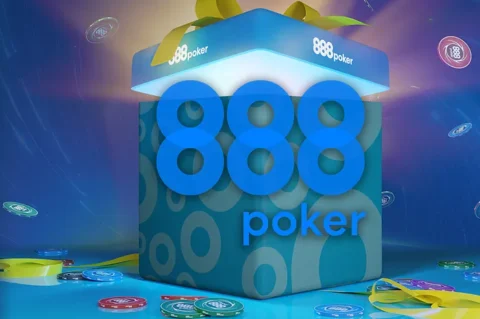Poker is a game of strategy, skill, and psychological insight. Understanding the game is important to ensure that your outcome is favorable whether playing casually or as a professional or playing in-person or online.
While in-person tournaments have always been popular, online poker has been steadily growing in popularity. In fact, according to betting expert and author Graziella Calleja and the experts from SportsCasting.com, online poker sites offer players safe platforms with big bonuses. For this reason, a growing number of players are opting to play online.
Whether playing online or in person, it’s always important to consider what advice the pros have to share.
Let’s dive in.
1. Play Tight and Aggressive
This is a fundamental strategy used in poker as it emphasizes a selective approach to hand selection by combining assertive betting and raising. Selective hand selection means playing tight in how you choose to play your cards, this focuses on playing only strong hands like those including high pairs like Aces, Queens, and Kings.
This means betting and raising when you have a strong hand. This can add pressure to your opponents when playing.
2. Know Your Opponents
Knowing your opponents can help you be successful in playing poker. Observing your opponents by paying attention to how they play their cards such as betting patterns, how they react, and when they bluff can help you predict how to make moves.
Also, take note of the player type you are playing against as each player has a different archetype such as loose-passive, tight-aggressive, or aggressive bluffer. Emotional cues can also help you understand your opponents such as a change in behavior while playing.
3. Position is Key
Position at the poker table can be a strategic advantage that a player can use based on their seating arrangement relative to the dealer and the other players at the table. These positions are categorized as early, middle, and late. Coming in late to a poker game means that you have more information that you can use when it’s your turn to play.
4. Manage Your Bankroll
It’s important for all poker players to set a budget for their gaming. You can set a budget, and then establish limits such as a maximum buy-in for tournaments and cash games. Keep records of your wins and losses to understand your performance. By tracking your performance and expenses over time you can adjust your budget as needed moving forward for the best experience.
5. Stay Emotionally Detached
Avoid letting emotions dictate your decisions during games. To remain strategic and make rational decisions you need to only focus on the game and practice mindfulness. This means recognizing emotional triggers to ensure that you react rationally. Staying emotionally detached can also help you improve your bluffing skills while playing poker.
6. Learn to Fold
Learning how to fold is an important strategy used in poker. It is important to know when to exit hands rather than pursuing a potential loss. To achieve this, learn the relative strength of your hand. Knowing the value of the cards that you hold will help you know when to fold or when to stay in the game.
7. Practice Patience
Having patience while playing poker is important to ensure success. You need to understand the game flow as poker is a game of strategy and timing. It is important to remember that poker is not only about winning a single hand but about building chips over time.
8. Study the Game
This tip can be used to improve poker skills and overall performance at the table. You need to understand the rules and variants of the poker game. There are different types of poker such as Texas Hold’em, Seven-Card Stud, and Omaha.
It would also help your gameplay if you learn hand rankings, learning the different hand combinations such as high cards to a royal flush. You also need to understand how they compare against each other so that you understand the value of your hand at any given time.
9. Adapt Your Strategy
Adapting your poker strategy will allow you to respond effectively to the dynamics of the game and the behavior of your opponents. Aside from reading your opponents and understanding your position at the table. You need to adjust your betting size as the size of your bet can influence the reactions of your opponents.
10. Have Fun
To have total enjoyment and to get the full poker experience, you need to embrace the social aspect by engaging with other players and building relationships. It’s best to also maintain a positive aspect whether the outcome is favorable or not. To add excitement and challenge to your gameplay, try playing with various strategies and styles.













